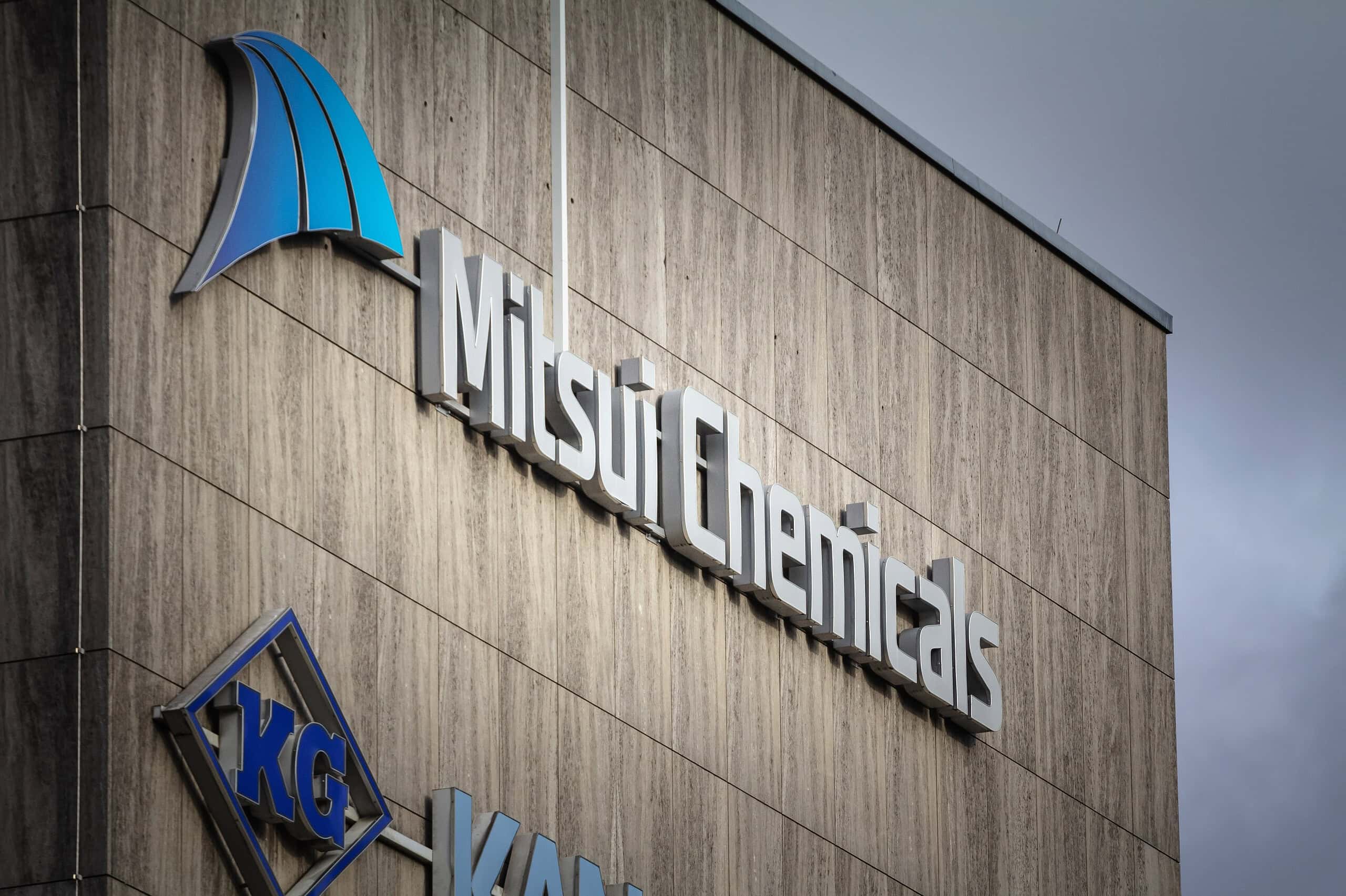Japan’s chemical majors are taking bold steps to weather a storm of margin pressure created by a glut of Chinese petrochemical capacity.
In a watershed move, Mitsui Chemicals, Idemitsu Kosan, and Sumitomo Chemical have signed a memorandum of understanding to integrate their domestic polyolefin (PO) operations into Prime Polymer, the existing Mitsui-Idemitsu joint-venture. Polyolefins, polypropylene, and polyethylene are essential for industries ranging from automotive to packaging. Yet, with China now accounting for over 40% of global chemical production and continuing to expand capacity, Asian producers face depressed utilization rates and falling margins. Domestic ethylene centers in Japan operated below 80% capacity for much of 2024, well under the break-even point of 90%, prompting calls for rationalization and restructuring.
The planned integration, targeted for April 2026, would lift Prime Polymer’s production capacity by more than 25%, according to projections, and is expected to generate annual cost savings exceeding 8 billion yen. Strategically, this marks Japan’s most significant petrochemical consolidation since the early 2000s and signals a broader trend: shifting portfolios away from commoditized, margin-volatile businesses and toward specialty chemicals, electronics materials, and green chemistry solutions.
The proposed mergers come as activist investors increase pressure on Japanese chemical firms to boost capital efficiency and unlock shareholder value. Foreign funds such as Oasis Management and Silchester have urged boards to close, sell, or spin off underperforming divisions. Coupled with Tokyo Stock Exchange reforms emphasizing higher return on equity and reductions in cross-shareholdings, the environment is ripe for further consolidation across the sector.
Globally, this mirrors a wave of capacity rationalization in Europe and portfolio streamlining in the US, as the chemical industry seeks to restore profitability amid overcapacity and high energy costs. For Japanese equities, the three-way integration of Mitsui, Idemitsu and Sumitomo could be a catalyst for sector re-rating, particularly if synergies translate into improved margins and more disciplined capital allocation.
If successful, Japan’s chemical giants may finally achieve what activists and investors have long called for: a leaner, greener, and more competitive industry, capable of holding its ground against China’s push for global dominance.




